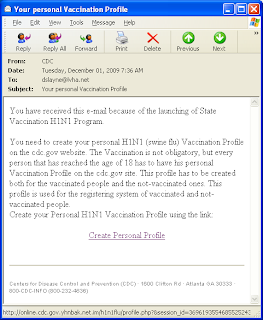HAITIAN EARTHQUAKE RELIEF FRAUD ALERT
01/13/10—The FBI today reminds Internet users who receive appeals to donate money in the aftermath of Tuesday’s earthquake in Haiti to apply a critical eye and do their due diligence before responding to those requests. Past tragedies and natural disasters have prompted individuals with criminal intent to solicit contributions purportedly for a charitable organization and/or a good cause.
Therefore, before making a donation of any kind, consumers should adhere to certain guidelines, to include the following:
- Do not respond to any unsolicited (spam) incoming e-mails, including clicking links contained within those messages.
- Be skeptical of individuals representing themselves as surviving victims or officials asking for donations via e-mail or social networking sites.
- Verify the legitimacy of nonprofit organizations by utilizing various Internet-based resources that may assist in confirming the group’s existence and its nonprofit status rather than following a purported link to the site.
- Be cautious of e-mails that claim to show pictures of the disaster areas in attached files because the files may contain viruses. Only open attachments from known senders.
- Make contributions directly to known organizations rather than relying on others to make the donation on your behalf to ensure contributions are received and used for intended purposes.
- Do not give your personal or financial information to anyone who solicits contributions: Providing such information may compromise your identity and make you vulnerable to identity theft.
As shown on the FBI newsletter about e-crime.



